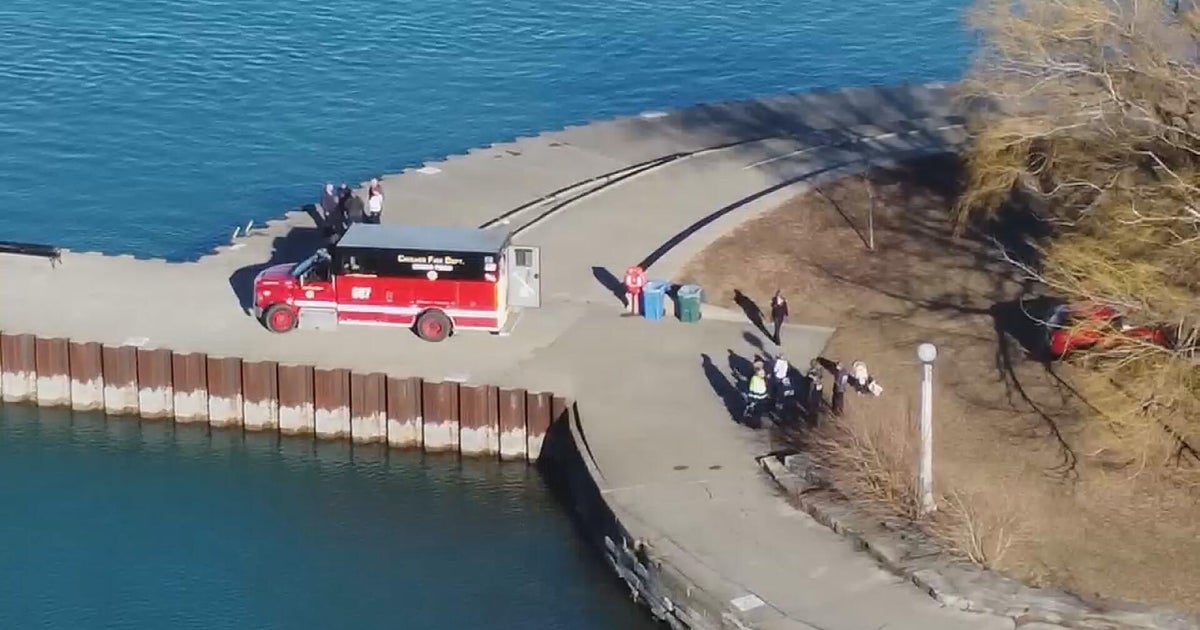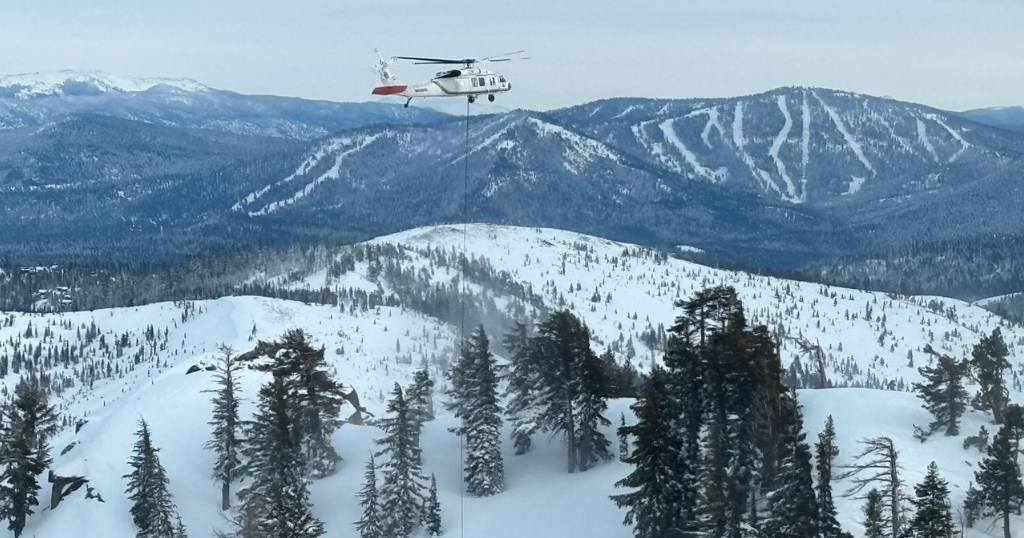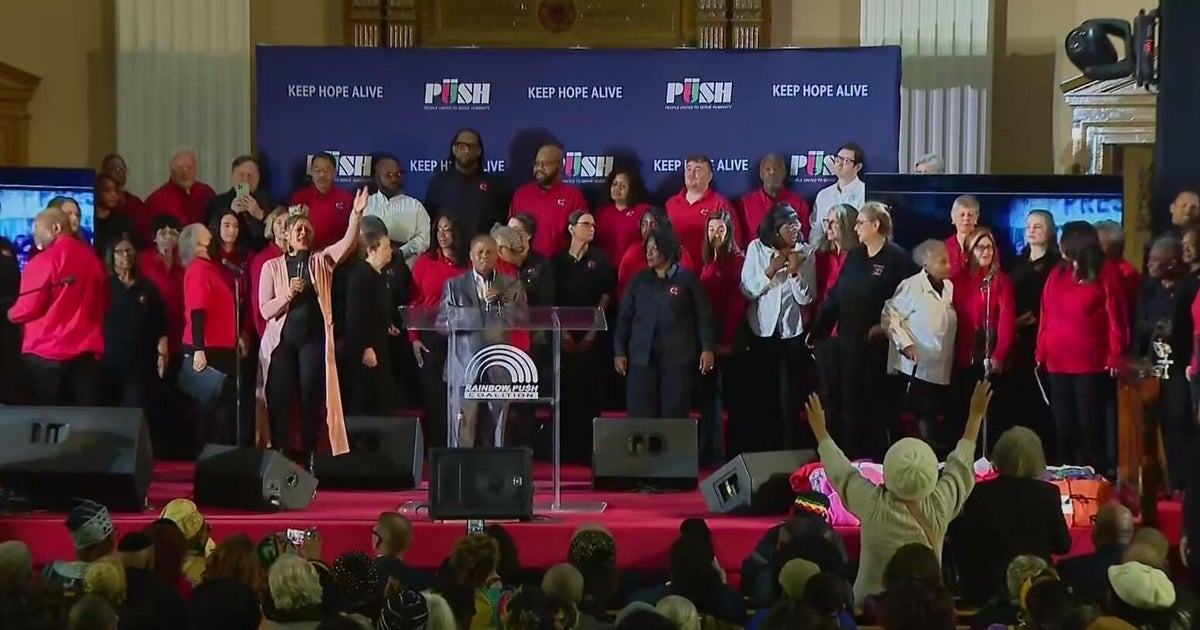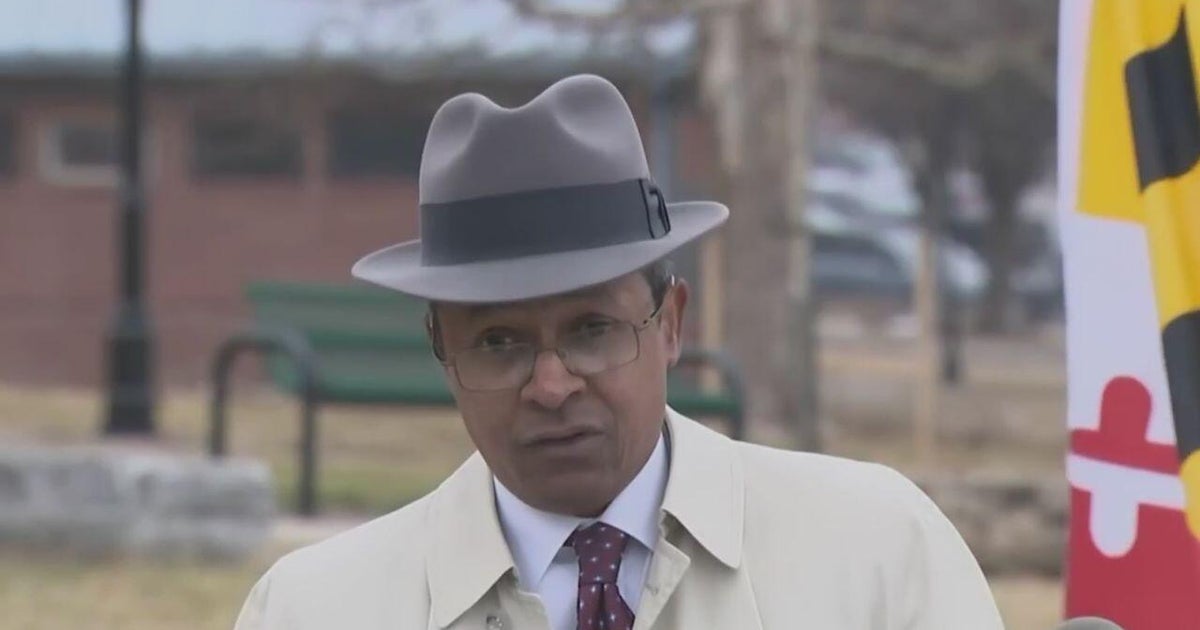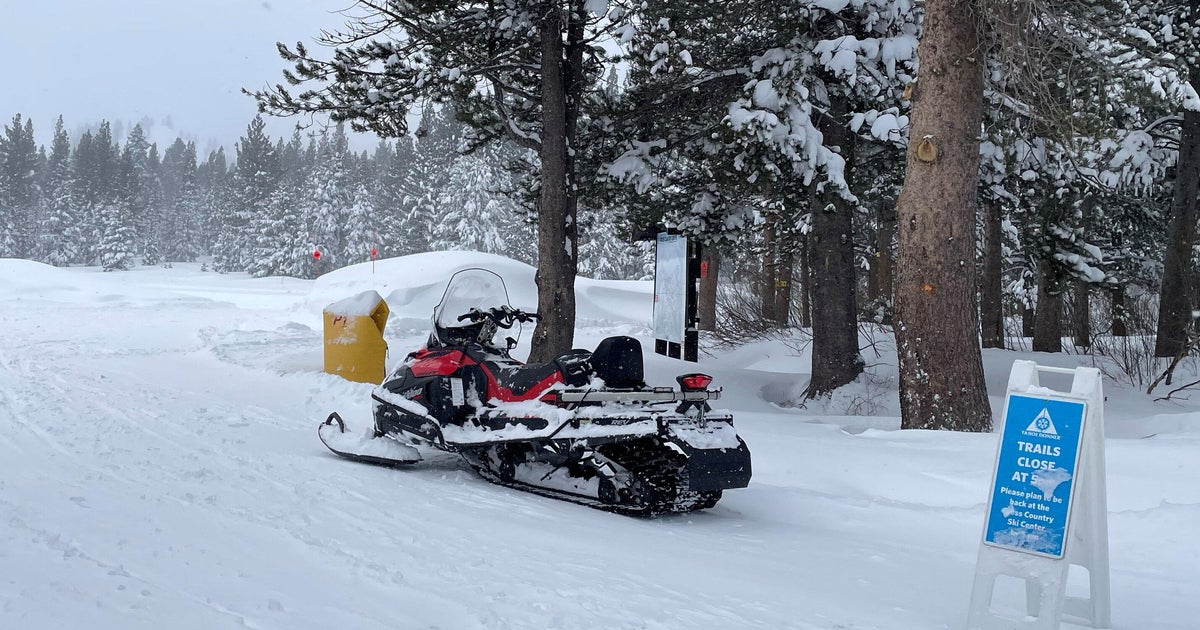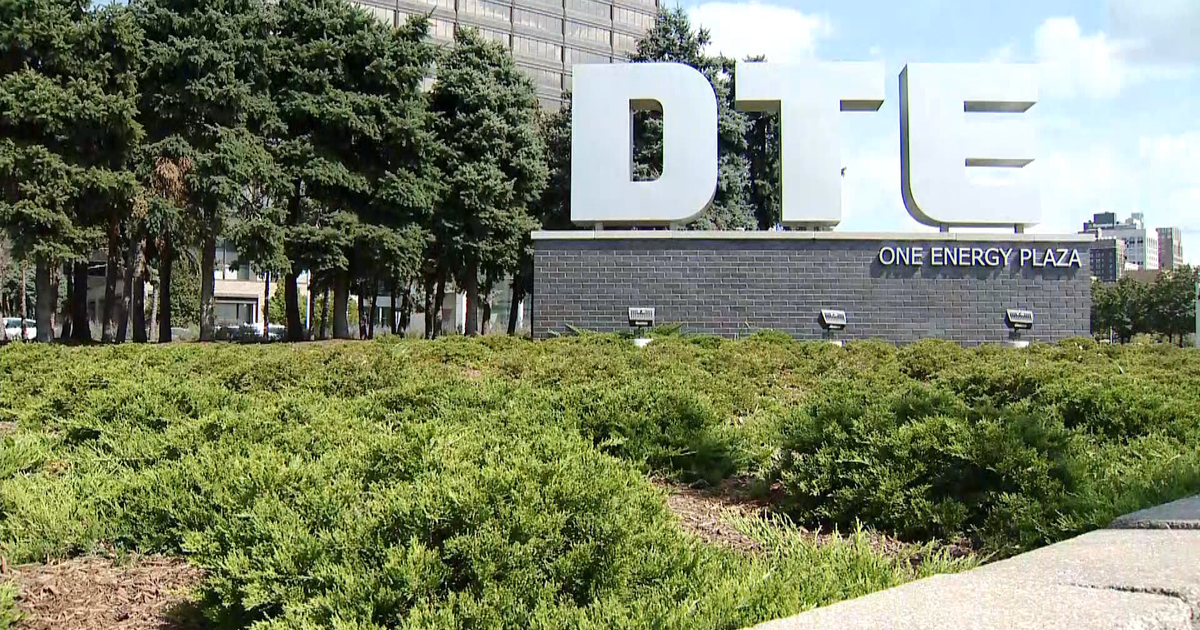Group Asks Candidates To Support Asian Carp Fight
TRAVERSE CITY (AP) - Environmental activists challenged President Barack Obama and the Republicans hoping to unseat him to support a hotly debated plan to protect the Great Lakes from an Asian carp attack by cutting off their Chicago-area connection to the Mississippi River watershed.
The Healing Our Waters-Great Lakes Coalition, which includes more than 100 groups in the region, included the proposal in a pledge submitted to the campaigns of Obama and Republicans Mitt Romney, Newt Gingrich, Ron Paul and Rick Santorum. None of the campaigns had any immediate reaction.
The Great Lakes region includes heavily contested and vote-rich states such as Michigan, Ohio, Pennsylvania, New York and Wisconsin. Michigan's primary is Feb. 28 and Ohio is among states with a Super Tuesday primary on March 6.
The environmental coalition asked the candidates to promise if elected to continue an Obama administration program dealing with some of the Great Lakes' most pressing environmental problems, including invasive species, toxic pollution, farm and urban runoff and wildlife habitat loss.
Congress has appropriated more than $1 billion for the Great Lakes Restoration Initiative since 2009. But supporters say billions more are needed over many years to fix the problems, which have been decades in the making.
Obama and Romney were among candidates who took a similar pledge during the 2008 campaign. Obama followed up with a proposal to seek $5 billion over 10 years for Great Lakes restoration.
This time, however, the pledge sought by the coalition raises the thorny issue of whether to sever a link between Lake Michigan and the Mississippi created a century ago when engineers reversed the flow of the Chicago River and built a canal to flush away the city's sewage.
The waterway system has become an aquatic pathway for invasive species such as round gobies and zebra mussels. Now, greedy bighead and silver carp that have migrated up the Mississippi and its tributaries are threatening to use the network to invade the Great Lakes, where scientists say they could devastate native fish populations by out-competing them for plankton.
A plan released last week by the Great Lakes Commission and the Great Lakes-St. Lawrence Seaway Initiative called for placing one or more barriers in the waterways to permanently separate the two drainage basins. Its estimate cost was $3.3 billion to $9.5 billion.
The Obama administration has resisted separation, arguing that its approach to stopping the carp is working well. It includes operating an electric barrier system in the Chicago Sanitary and Ship Canal to prevent carp and other fish from migrating between the two basins.
The Army Corps of Engineers is scheduled to complete a study of whether separation is justified in 2015. Five states - Michigan, Minnesota, Wisconsin, Ohio and Pennsylvania -are suing in federal court for quicker action.
Business interests and political leaders in Chicago and northern Indiana oppose separation, contending it would damage the regional economy and cause flooding.
Jeff Skelding, director of the Healing Our Waters-Great Lakes Coalition, said Tuesday the region's voters deserve to know how the candidates stand on the separation issue.
"We need strong leadership and we need strong decision-making by the next president to address one of the most critical threats that are facing the Great Lakes," he said.
Groups opposed to separation criticized the idea of including it in the pledge.
"While this is a catchy public relations stunt, this hardly constitutes a productive step towards a legitimate solution in the ongoing battle to protect the Great Lakes," said Mark Biel, spokesman for an industry group called UnLock Our Jobs.
Lynn Muench, spokeswoman for the American Waterways Operators, said: "I hope no one who is running for president would consider endorsing a project tht clearly would be an economic disaster for the Chicago region but also for the whole area."
© Copyright 2011 The Associated Press. All Rights Reserved. This material may not be published, broadcast, rewritten or redistributed.
